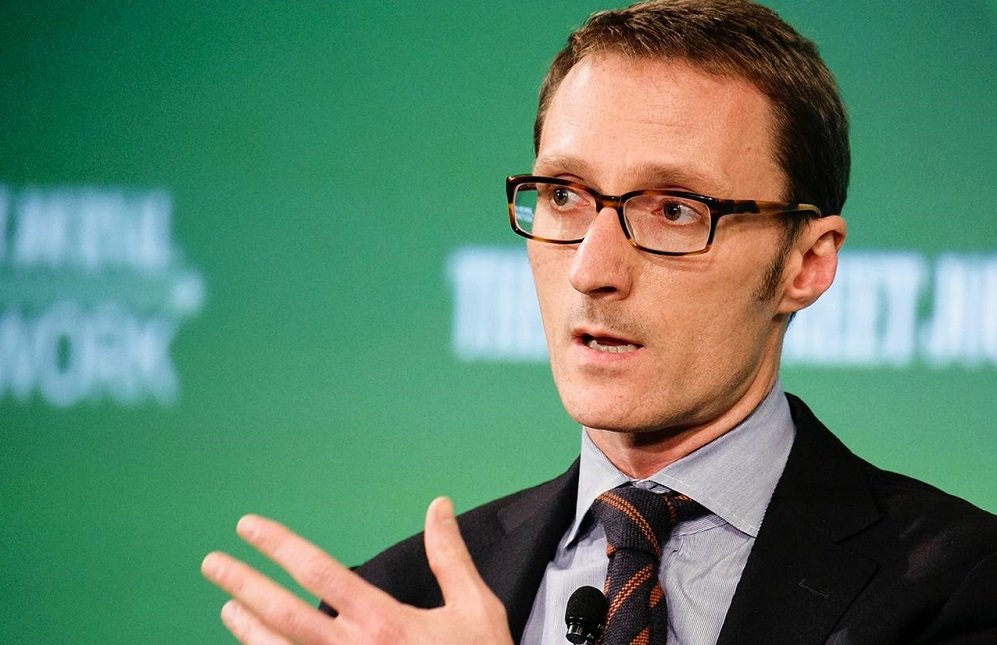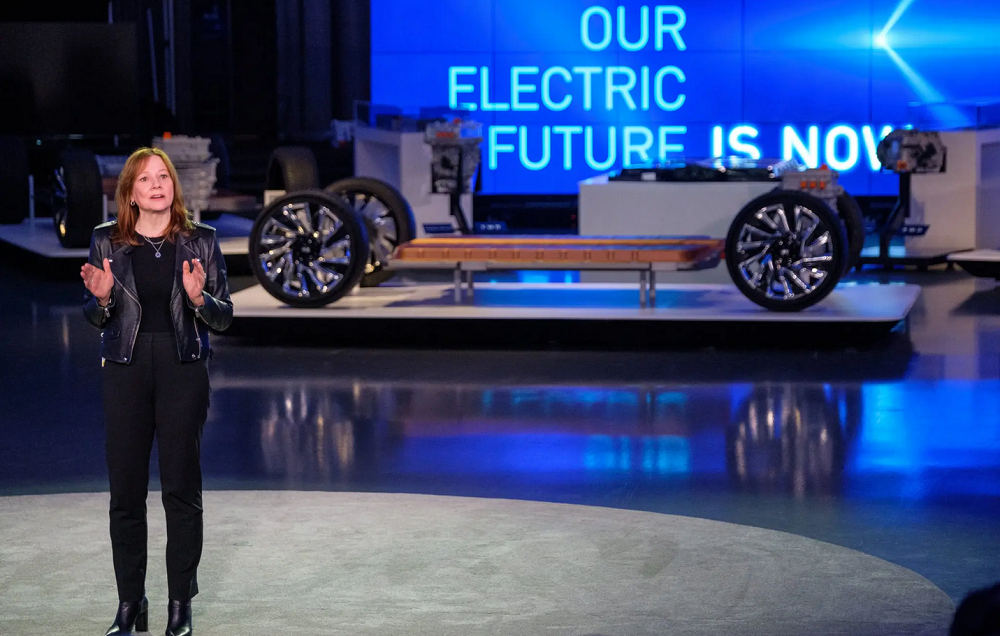AS THE GLOBAL AGENDA SLOWLY MOVES AWAY FROM CRISIS RESPONSE TO THE PANDEMIC, CLIMATE CHANGE IS NOW RIGHTLY BEING RECOGNISED AS THE DEFINING CHALLENGE OF OUR TIME.
In parallel, the theme of ESG, or ‘environmental, social, and governance’, has garnered unprecedented focus. In effect, ESG is a corporate mindset that places a greater emphasis on understanding the wider impact of how money is invested, beyond the traditional indicators of risk, yield, and performance.
Corporates are now climbing over one another to tell their ESG stories, point to their ESG wins, and position themselves as part of the climate change solution, not the problem.
However, despite the urgent discourse on the role of big business in addressing climate change, among other societal issues, for many onlookers ESG still feels like a passive and outlying action point sitting in the shadows of many corporate business strategies (with accusations of ‘greenwashing’ typically not too far behind).
However, look a little closer and 2021 may yet be remembered as the year we witnessed the emergence of a bold new breed of activist investors set on redefining how we deliver ESG change.
WHAT IS ACTIVIST INVESTMENT?
In the past, activist investors were perceived as hostile corporate raiders seeking to push through aggressive strategic change to drive up under-performing share prices.
Over the last twelve months, activist investors made headlines for very different reasons. Most prominent of all among a new cohort of activist investors is Engine No. 1, a small US hedge fund established in 2020 that manages approximately $430 million in assets.
The fund rose to global prominence in June this year when it emerged from relative obscurity to secure three independent seats on the Exxon Mobil board as part of its strategic efforts to pivot Big Oil away from fossil fuels toward cleaner energy.
RESONATING WITH INSTITUTIONAL INVESTORS
Engine No. 1, which holds a 0.02% stake in Exxon, sought to convince its fellow shareholders that Exxon’s resistance to addressing climate change in favour of maximising quarterly returns was ultimately diminishing its ability to deliver long-term profitability.
It argued that Exxon’s responsibility was no longer just to shareholders but also the planet. By extension, the fund advocated for a ‘total value’ framework of analysis, one capable of driving performance by tying the corporation’s environmental and social actions to economic outcomes.
This carefully crafted campaign resonated with major institutional investors and secured the support of heavyweight global funds including Blackrock, State Street and Vanguard, among others. Since then, Exxon’s share price has risen by approximately 7%—although this rise could be attributed to a number of different market factors.



